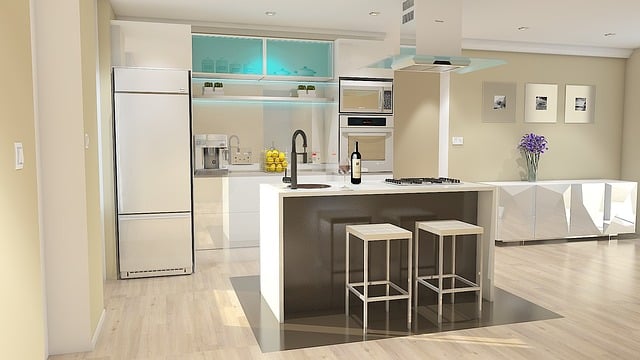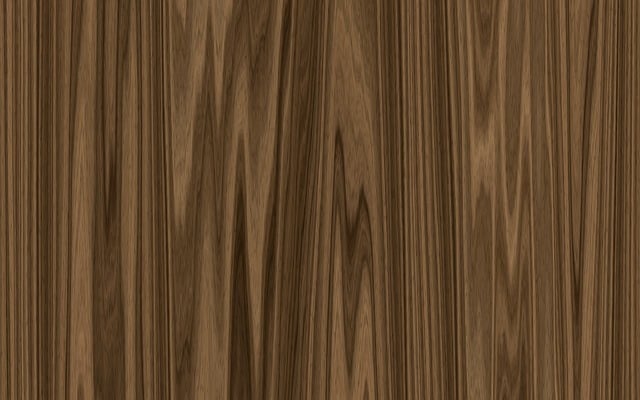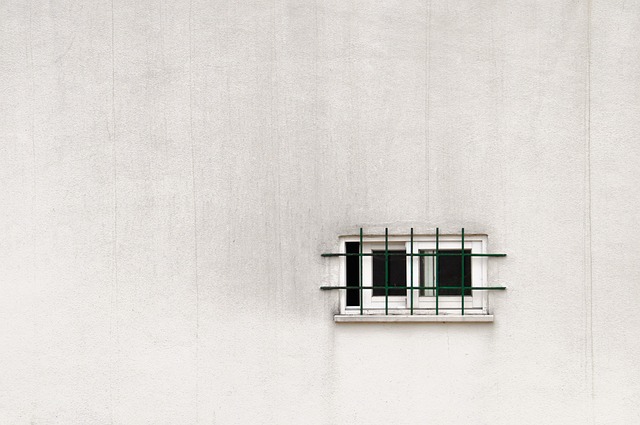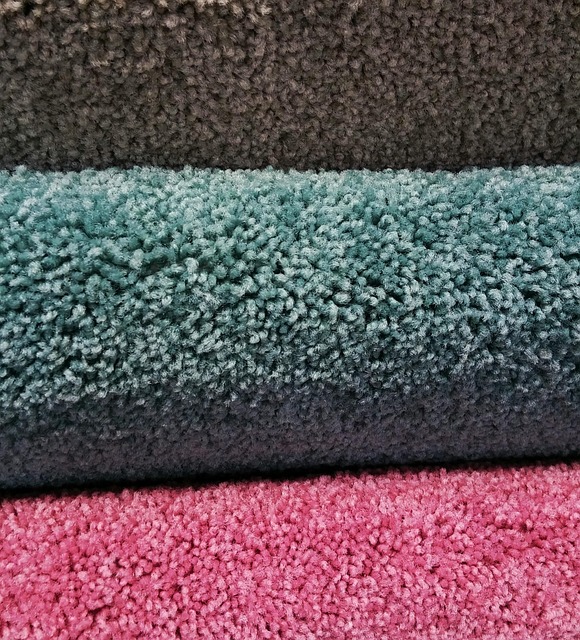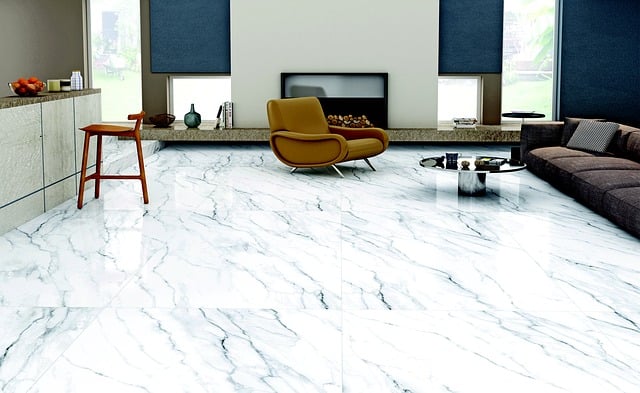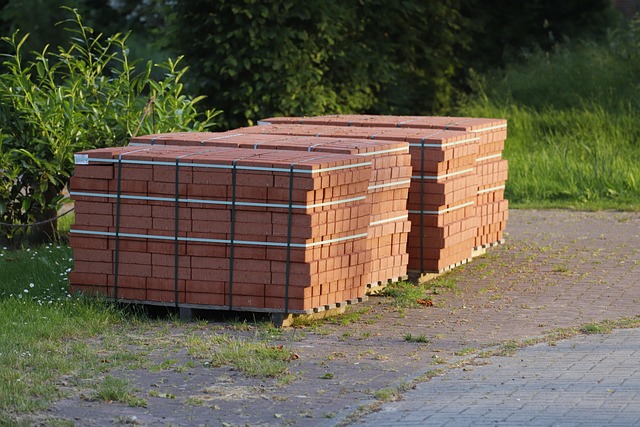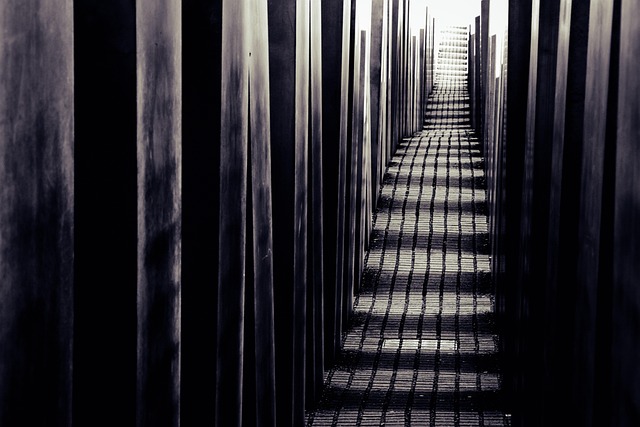Looking for top-notch epoxy floor contractors in Canada? You’re in the right place! This guide showc…….
Category: Epoxy flooring contractor
As a leading epoxy flooring contractor serving Ontario and Ohio. We specialize in the professional installation of durable, high-performance epoxy floor coatings for residential, commercial, and industrial spaces. Our expert team delivers seamless, long-lasting, and aesthetically pleasing flooring solutions tailored to your specific needs. Contact us for a free consultation and transform your floors today!
An expert epoxy flooring contractor offers comprehensive services that transform concrete floors in residential, commercial, and industrial settings. They go far beyond simply applying a coating, providing specialized knowledge, skilled installation, and tailored solutions to meet diverse needs.
Here’s a detailed breakdown of what an expert epoxy flooring contractor can do for your concrete floors:
Core Services and Expertise
-
Surface Preparation: This is arguably the most crucial step. An expert contractor will meticulously prepare the concrete surface to ensure optimal adhesion and longevity of the epoxy. This often involves:
- Cleaning: Removing all dirt, grease, oil, existing coatings, and contaminants.
- Grinding/Shot Blasting: Using specialized equipment to abrade the concrete, creating a profile that allows the epoxy to bond effectively.
- Crack and Pit Repair: Filling and repairing any cracks, spalls, or imperfections in the concrete to create a smooth, even surface.
- Moisture Testing: Assessing the moisture content of the concrete, as excessive moisture can lead to adhesion issues and bubbling of the epoxy. They may apply moisture vapor barriers if necessary.
-
Epoxy System Selection: There isn’t a one-size-fits-all epoxy. A knowledgeable contractor will assess your specific needs (traffic, chemicals, aesthetics, budget, timeline) and recommend the most suitable epoxy system, which could include:
- Solid Color Epoxy: A classic, durable, and uniform finish.
- Flake Epoxy (Broadcast System): Incorporating decorative vinyl flakes for added texture, slip resistance, and aesthetic appeal.
- Metallic Epoxy: Creating unique, marbling, or three-dimensional effects for a high-end, artistic look.
- Urethane Cement: For extremely demanding environments requiring superior chemical, thermal shock, and abrasion resistance.
- Novolac Epoxy: Highly resistant to harsh chemicals and acids.
- Static Dissipative (ESD) Epoxy: For environments where static electricity control is critical.
-
Professional Installation: Expert contractors have trained and certified technicians who follow precise application procedures. This includes:
- Priming: Applying a primer coat to enhance adhesion.
- Base Coat Application: Laying down the main epoxy layer.
- Broadcast/Decorative Elements (if applicable): Evenly distributing flakes or creating metallic patterns.
- Topcoat Application: Applying clear or colored topcoats for added protection, UV stability, and desired sheen.
- Curing: Ensuring proper curing times and conditions for maximum strength and durability.
-
Customization and Design: Beyond basic colors, contractors can offer a wide range of customization options:
- Color Matching: Creating custom color blends to match branding or décor.
- Logos and Markings: Incorporating company logos, safety lines, or directional arrows.
- Texture: Adjusting the texture for slip resistance (e.g., adding anti-slip aggregates).
- Sheen Level: Offering various finishes from matte to high-gloss.
-
Maintenance and Repair: They can advise on proper cleaning and maintenance practices to extend the life of your epoxy floor. They also offer repair services for damaged areas, ensuring the floor maintains its integrity and appearance.
Residential Spaces
For homes, an expert epoxy contractor can transform functional concrete areas into durable, attractive, and easy-to-maintain surfaces:
-
Garages:
- Protection: Resists oil spills, chemicals, tire marks, hot tire pickup, and general wear and tear from vehicles and tools.
- Cleanliness: Creates a seamless, non-porous surface that is incredibly easy to sweep, mop, and clean. No more concrete dust.
- Aesthetics: Turns a drab garage into an extension of the living space with a wide array of colors, flakes, and metallic finishes.
- Durability: Significantly extends the life of the concrete slab.
-
Patios:
- Weather Resistance: Protects against UV rays, rain, snow, and temperature fluctuations.
- Enhanced Look: Offers decorative options that complement outdoor living spaces.
- Easy Cleaning: Resists stains from spills, BBQ grease, and outdoor elements.
- Slip Resistance: Can incorporate additives to provide grip, even when wet.
-
Kitchens (Residential):
- Hygiene: Creates a seamless, non-porous surface that is easy to clean and inhibits bacterial growth, making it ideal for spills.
- Durability: Resists scratches, impacts, and chemicals from cooking.
- Modern Aesthetic: Offers a sleek, contemporary look.
-
Basements & Rec Rooms:
- Moisture Barrier: Can help mitigate moisture issues often found in basements (though proper waterproofing may also be needed).
- Transforms Space: Converts cold, dusty concrete into a warm, inviting, and highly functional living area.
- Versatile Design: Allows for various aesthetic choices to match interior design.
- Durability: Withstands foot traffic, spills, and general recreation activities.
Commercial and Industrial Spaces
In commercial and industrial environments, epoxy floors are chosen for their performance characteristics, safety, and longevity, often with specific industry requirements in mind.
-
Warehouses & Manufacturing Facilities:
- Heavy Traffic Resistance: Withstands forklifts, heavy machinery, and constant foot traffic without significant wear.
- Chemical Resistance: Protects against oil, grease, acids, solvents, and other industrial chemicals.
- Safety: Can be made slip-resistant and used for clear demarcation of walkways, work zones, and safety aisles.
- Cleanliness: Easy to clean and maintain, crucial for productivity and hygiene standards.
- Light Reflectivity: High-gloss finishes can increase ambient light, reducing lighting costs.
-
Retail & Showrooms:
- Aesthetics: Creates a modern, clean, and often striking appearance that enhances product display and customer experience. Metallic or decorative flake systems are popular here.
- Durability: Handles high foot traffic and display changes without showing wear.
- Easy Maintenance: Simplifies cleaning, keeping the space looking pristine.
- Branding: Can incorporate logos and specific color schemes.
-
Healthcare Facilities & Laboratories:
- Hygiene & Seamlessness: Non-porous surfaces prevent bacterial growth and are easy to disinfect, meeting strict health regulations.
- Chemical Resistance: Withstands spills of various chemicals and cleaning agents.
- Static Control: ESD (Electrostatic Dissipative) epoxy can be critical for protecting sensitive equipment.
- Durability: Resists heavy equipment, beds, and constant foot traffic.
-
Food & Beverage Facilities:
- Hygiene & Sanitation: Seamless, non-porous, and chemical-resistant surfaces meet USDA and CFIA standards for cleanliness and washdowns.
- Thermal Shock Resistance: Specialized systems can withstand extreme temperature fluctuations from hot washdowns.
- Slip Resistance: Crucial for safety in wet environments.
-
Automotive Dealerships & Service Bays:
- Oil & Chemical Resistance: Impervious to automotive fluids.
- Tire Mark Resistance: Prevents hot tire pickup and black marks.
- Durability: Withstands vehicle traffic, lifts, and tools.
- Aesthetics: Creates a professional, clean environment for showrooms and service areas.
Polished Concrete (Commercial & Industrial)
While distinct from epoxy coatings, expert contractors often offer polished concrete as another specialized concrete floor solution, particularly for commercial and industrial spaces. Polished concrete involves mechanically grinding and polishing the existing concrete slab to achieve a desired level of sheen and smoothness.
What an expert contractor can do for polished concrete:
- Surface Preparation: Similar to epoxy, but tailored for polishing. This involves cleaning, repairing cracks, and ensuring the slab is suitable for polishing.
- Grinding & Honing: Using progressively finer diamond-impregnated abrasives to grind down the concrete surface, revealing the aggregate (small stones) if desired.
- Densification: Applying a chemical densifier that penetrates the concrete, reacting with the lime to create a harder, more durable, and less porous surface.
- Polishing: Continuing with finer and finer diamond grits until the desired level of reflectivity (from matte to high-gloss, mirror-like finish) is achieved.
- Staining/Dyeing: Applying concrete stains or dyes before or during the polishing process to introduce color and unique patterns.
- Sealing: Applying a penetrating sealer to protect the surface from stains and enhance its longevity.
Benefits of Polished Concrete (Commercial/Industrial):
- Aesthetics: Creates a modern, minimalist, and often stunning look.
- Extreme Durability: The densification process makes the concrete significantly harder and more resistant to abrasion and impact.
- Cost-Effective: Utilizes the existing concrete slab, reducing material costs.
- Low Maintenance: Easier to clean than untreated concrete, requiring regular sweeping and occasional wet mopping.
- Dust Control: Eliminates the dusting associated with unsealed concrete.
- Increased Light Reflectivity: Improves ambient lighting, potentially reducing energy consumption.
- Environmentally Friendly: Reduces waste by utilizing existing materials and often uses water-based products.
- Applications: Ideal for retail stores, warehouses, offices, schools, and any space desiring a sleek, durable, and easy-to-maintain floor with an industrial aesthetic.
In summary, an expert epoxy flooring contractor provides comprehensive services that go beyond mere application. They offer consultation, precise surface preparation, material selection, skilled installation, customization, and ongoing support to deliver high-performance, aesthetically pleasing, and long-lasting concrete floor solutions for a wide range of residential, commercial, and industrial applications.
Discover Top-Rated Local Epoxy Contractors for Superior Industrial Flooring Solutions Near You
“Discover the top 3 industrial flooring companies transforming local spaces! This comprehensive guid…….
Discover Top-Rated Canadian Experts for Superior Concrete Floor Coatings
“Transform your home with superior Canadian concrete surfaces through expert epoxy flooring services…….
Trusted Local Experts Offer Superior Residential Epoxy Services
“Elevate your home with expert residential epoxy services from trusted local contractors. This compr…….
Trusted Local Epoxy Contractors: Superior Protection with Innovative Coatings
When selecting a concrete coating company, several key factors come into play to ensure superior out…….
Elevate Your Space: 5 Reasons for Trusted Residential Epoxy Services
“Elevate your home with the precision and expertise of a professional industrial epoxy flooring cont…….
Proven Solutions & Trusted Contractors: Elevate Your Epoxy Flooring Success
“Industrial epoxy flooring is a robust solution for many businesses, but it’s not without its challe…….
Discover Top-Rated Local Epoxy Flooring Experts for Superior Concrete Coating Results
In the realm of industrial flooring, a top-tier concrete coating company is indispensable for busine…….
Transform Your Warehouse with Trusted Eco-Friendly Residential Epoxy Services
Are you looking to transform your industrial space into an eco-friendly warehouse? Converting your e…….
Transform Your Warehouse with Trusted Epoxy Flooring: A Green Makeover
Looking to transform your industrial space into an eco-friendly warehouse? Converting your epoxy flo…….


